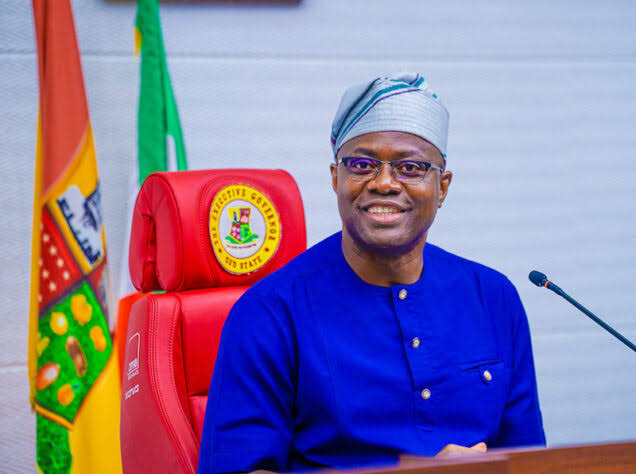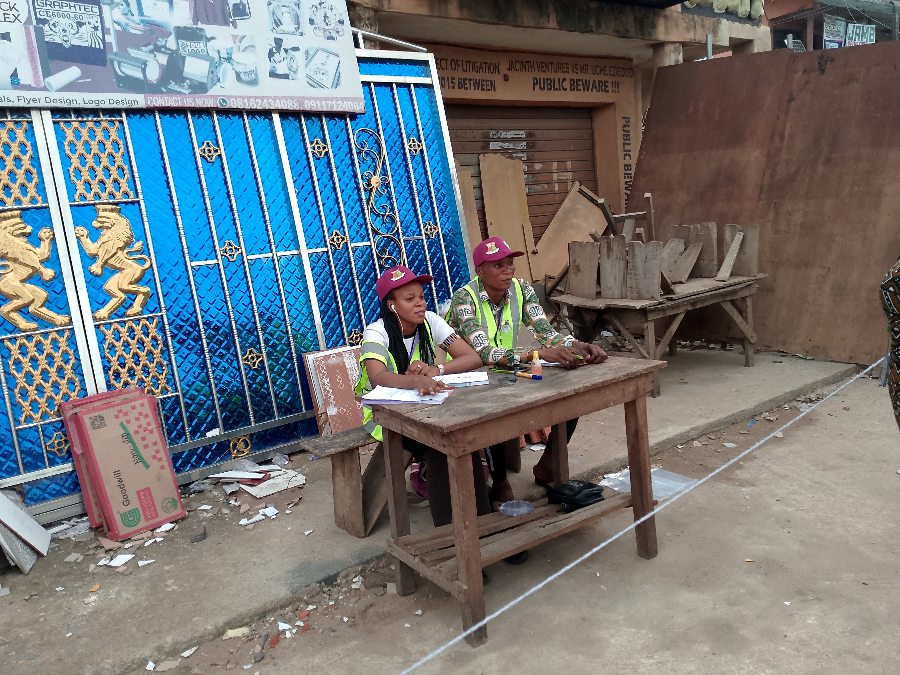Students’ Loan: Two Years Post-NYSC Repayment Not Realistic – NANS To Tinubu


The National Association of Nigerian Students (NANS) has proposed that the repayment for the proposed Federal loan should begin five years after NYSC.
The student body said it is not realistic to expect beneficiaries of the Federal Government loan scheme to begin repayment two years after the completion of the National Youth Service Corps.
NANS said its position was based on the fact that less than 10 per cent of graduates get absorbed into the labour market within two years post-NYSC.
President of NANS, Lucky Emonele, made the call in Abuja on Monday at a public hearing on the repeal and re-enactment of 2024 Students Loans Access to Higher Education Bill 2024.
Emonele while commending President Bola Tinubu for responding to the request of NANS, added that the students also commended the decision to repeal the Act to address grey areas that could hinder the success of the student loan scheme.
He said it would not be realistic for the student to start paying back the loan two years post-NYSC, saying that less than 10 per cent of Nigerian graduates get absorbed into the labour force upon completion of their NYSC.
The NANS President, therefore proposed a minimum of five years repayment duration, given the challenges of unemployment after graduation.
Also, he appealed that the provision of a loan scheme should not be a further reason for an arbitrary increment of school fees by the management of tertiary institutions.
He urged the National Assembly to pass a resolution that prohibits public tertiary institutions from increasing school fees in the next 10 years.
According to him, “There is also a need to make provision for grants for students, to enable them to complete or further their studies.
“If the Federal Government, through the Tertiary Education Trust Fund, could earmark N683bn for public tertiary institutions in 2024, without requesting for payback from beneficiary institutions, Nigerian students should not be treated any differently.”


Kazeem Badmus is a graduate of Mass Communication with years of experience. A professional in journalism and media writing, Kazeem prioritses accuracy and factual reportage of issues. He is also a dexterous finder of the truth with conscious delivery of unbiased and development oriented stories.










